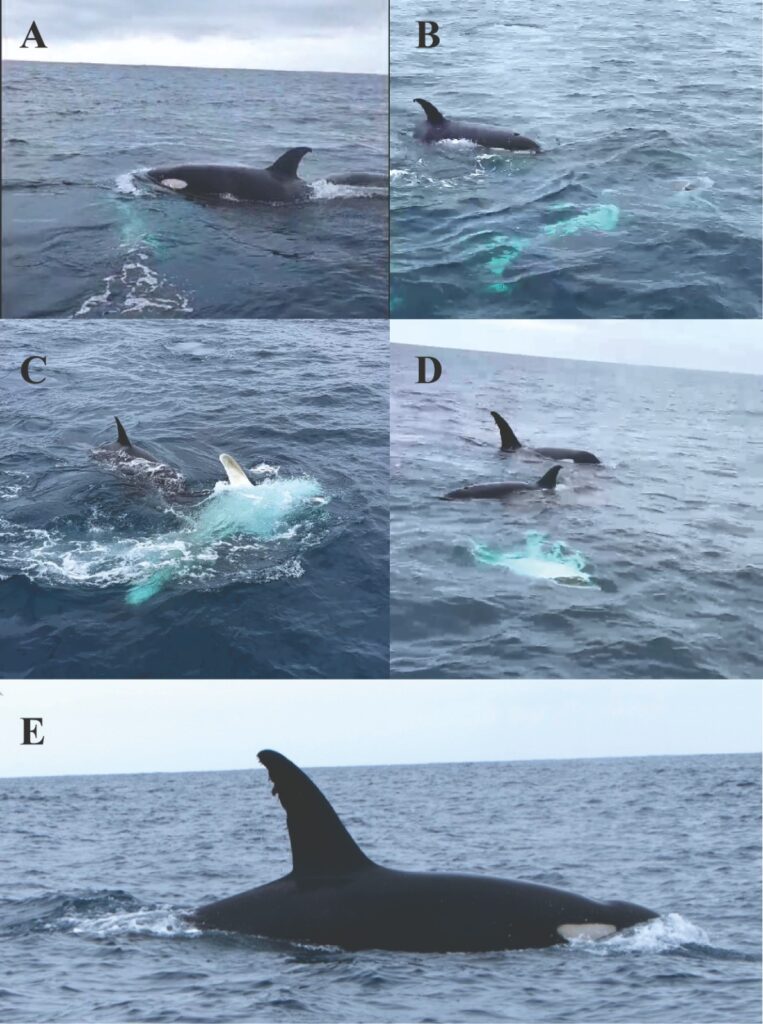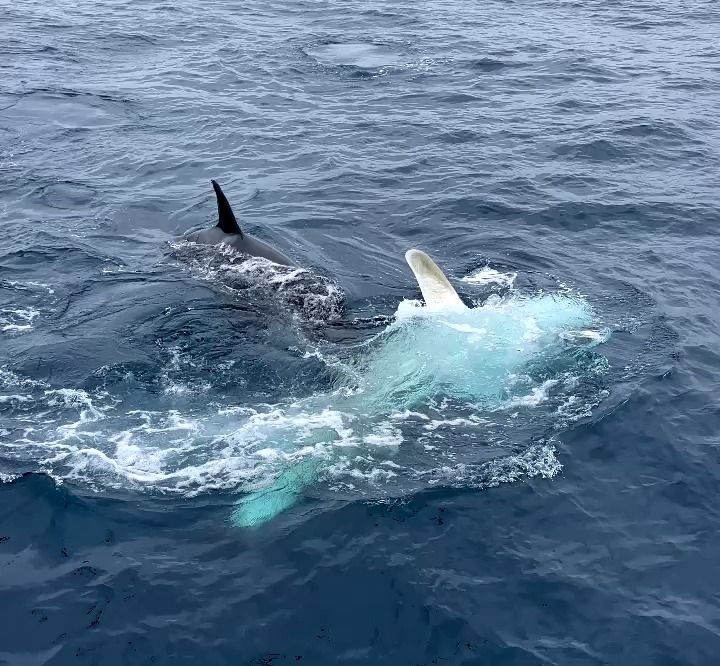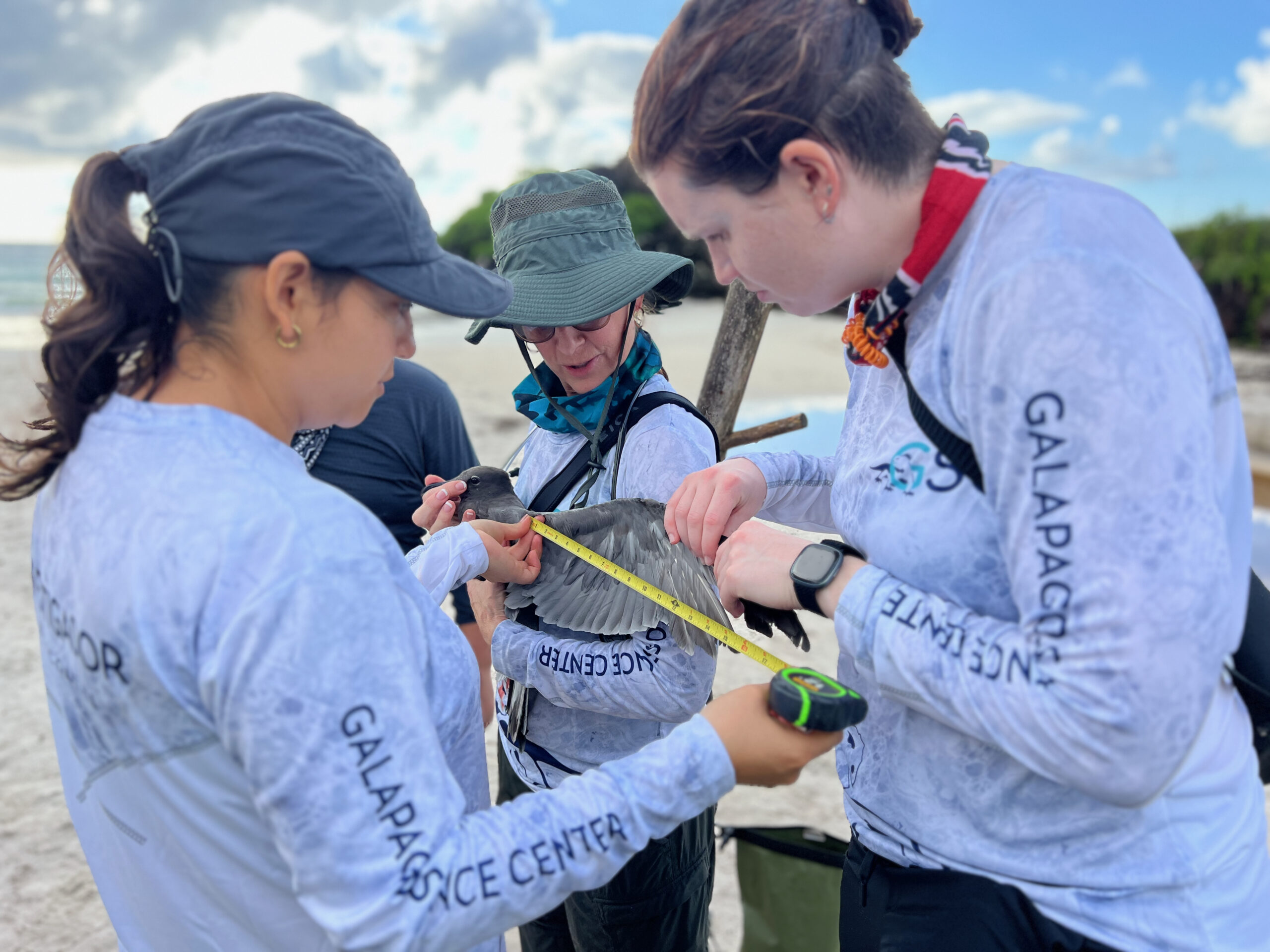Las orcas (Orcinus orca) son reconocidas como uno de los depredadores más versátiles del océano, pero su comportamiento en aguas tropicales continúa siendo un misterio. Este estudio documenta, por primera vez, ataques de orcas a tiburones ballena (Rhincodon typus) en Ecuador y Panamá, proporcionando información relevante sobre sus estrategias de caza en el Pacífico Oriental Tropical (ETP). Comprender estos eventos es fundamental para ampliar el conocimiento sobre la dinámica de este depredador en la región.
Los ataques registrados ocurrieron en julio de 2022, cerca de Isla Coiba, Panamá, y en diciembre de 2023, en el Parque Nacional Machalilla, Ecuador. En ambos casos, los grupos de orcas mostraron comportamientos similares, como golpear a los tiburones en el vientre y las aletas, y sumergirlos hasta que dejaban de mostrar resistencia. Estos patrones coinciden con observaciones previas en el Golfo de California, lo que sugiere que podría tratarse de una estrategia de caza aprendida y compartida entre distintas poblaciones.

Fotos: Secuencia de depredación de tiburón ballena por orcas en las aguas costeras de Ecuador. (A) Orca nadando junto al tiburón ballena. (B) Orcas mordiendo al tiburón ballena. (C) Área ventral del tiburón ballena expuesta en la superficie mientras una orca lo empuja hacia arriba. (D) Orcas acercándose para sumergir al tiburón ballena en las profundidades. (E) Individuos machos identificados por su aleta dorsal.
El estudio también identificó una conexión entre las orcas observadas en la costa ecuatoriana y las Islas Galápagos, a través de comparaciones con catálogos fotográficos. Un macho registrado en Machalilla fue avistado meses después en el norte del Parque Nacional Galápagos, lo que refuerza la teoría de que estas poblaciones están interconectadas y comparten territorios de alimentación.
Estos hallazgos destacan la importancia de ampliar los estudios sobre las orcas en el ETP, especialmente a través del análisis de imágenes y muestras biológicas, para comprender mejor sus rutas migratorias y su papel en el ecosistema. La información recopilada contribuirá a la conservación de esta especie y al equilibrio del ecosistema marino en la región.
Lee el artículo completo aquí: https://doi.org/10.1111/mms.70007open_in_new





